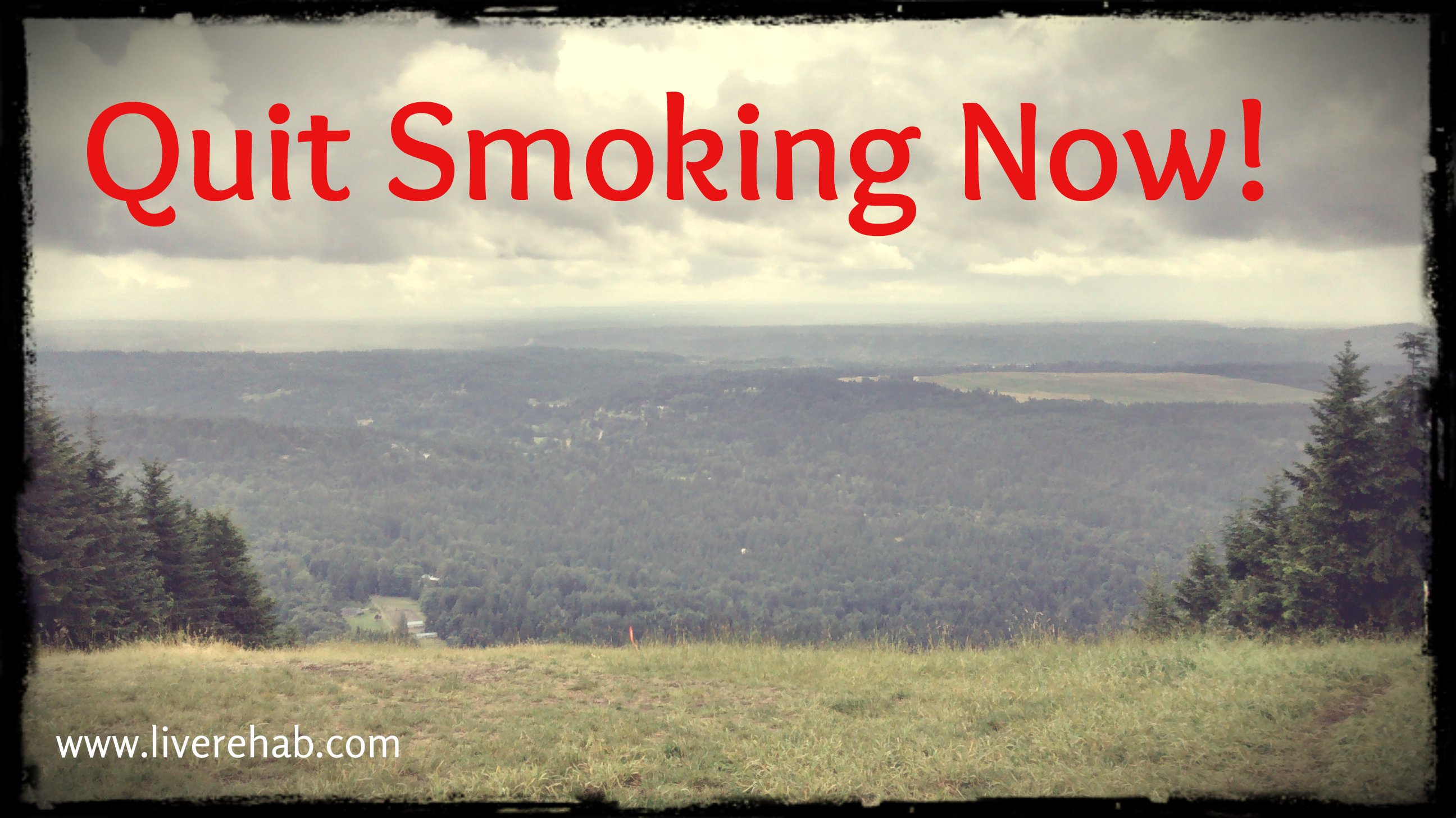
People call me weird
“Come on you can have just one drink”
I hear this over and again.
Ever since I stopped drinking people don’t invite me out anymore, call me weird and just can’t understand why I don’t drink.
I want to be sober because I want to live the best possible life I can. And alcohol messes that up.
I’m like Tom Cruise. Because not drinking in today’s society is basically Mission Impossible.
The problem is that now I don’t fit in with most people, workplaces or even my own family.
Every time I’m out with other people they have questions about my sobriety or make comments about their own habits.
“You never come to happy hours.”
“I don’t drink that much.”
“I just drink on the weekends.”
Looking back that’s probably why I started Live Rehab with my partner.
We were talking the other day about this exact thing, “People aren’t going to understand are they?”
I replied, “Nope. But we have to keep on trying anyway.”
She paused, then laughed, “There has got to be other people like us right?”
When we’re looking to help people through Live Rehab we look for people who want to live the same kind of life.
Fathers who don’t want to wake up hungover anymore.
Mom’s who are sick of drinking around their kids.
Athletes who can’t risk they professional careers by drinking too much.
Hollywood celebrities that aren’t interested in traditional rehab.
Because there is nothing better than finally getting sober and living the best life possible.
The key is to know you’re in the right.
Then live it consciously.

Family, Social Networks, and Communities

Chemical Dependency Professionals must be very aware of how family, social networks, and community play a role in the recovery process.
Taking these three things into consideration when making a treatment plan is crucial to the overall success of recovery. Not every person who is seeking a life free from addiction needs the same focus. For example, someone who has a strong familial support but lacks community access to treatment, would need a professional to help find them community supports. Whereas, if someone who is struggling with an addiction knows where to go and what to do but their familial support is non-existent or full of chaos, then the Chemical Dependency Professional knows they need to focus on the family unit rather than putting effort into community resources.
Of course, there’s always a spectrum and most professionals will find that their clients need a little or a lot of focus in one or more area but the important thing is for the professional to appreciate the various systems in order to provide the highest quality of care possible when treating any addiction.
When Your Partner Drinks – And You’re Trying to Stop
It’s Extremely Difficult to get Sober if Your Partner doesn’t Give it Up Too
[clickToTweet tweet=”It’s Extremely Difficult to get Sober if Your Partner doesn’t Give it Up Too #liverehab” quote=”It’s Extremely Difficult to get Sober if Your Partner doesn’t Give it Up Too”]
If you have a partner that drinks or is not willing to give up alcohol when they are around you, getting sober will be very hard. It is so important, and I mean so critically important, that your partner is there to support you and does not drink around you, or gives it up entirely. If they are not willing to, I am here to tell you that you will need to have the strongest will power or you may need to take a break for a few months until you can stabilize.
Why Communication is Important
I want you to be open with your partner. It’s important to have strong communication skills so your partner knows exactly how hard this is going to be for you and having their support can mean the difference of obtaining full sobriety or not. Most people who do not have supportive spouses fail. That’s not to say it’s impossible but if you have a supportive partner, it makes things much easier.
Does Your Partner Have a Problem Too?
One thing you are going to want to evaluate is whether or not your partner has a problem too. If they don’t have a problem then not drinking will be easy for them. They’ll be able to not drink around you or give it up completely. If they have a problem, it might not be that easy for them and then perhaps, you should try and get sober together. If they’re not ready to get sober but you are, don’t give up on yourself. Take a break, get some distance, and when you are strong and able, you can go back to help them.
Your Action Item
Is your partner on board or not? If not, are you ready to take a break – get some distance for a few months? Take some time to figure this out. Once you’ve made a decision, communicate this with your partner. To eliminate conflict, it’s important for them to understand that it’s about you and when it comes to alcoholism, the best thing you can do is help yourself first. In the end, you’ll come out stronger.
Why You Need to Quit Smoking Too
When I was a drug and alcohol counselor at a traditional rehab facility I was so perplexed at the high number of relapses and how many unsuccessful stories we were able to give. Most of the time, people felt forced either by their friends or family or forced by drug court so it was no wonder they wanted to get out of there as fast as possible.
But, so many other things were happening that I know deep down, could have been the magical answer to so many of their struggles. Because, even though most people felt forced to be there, most people do not want to continue down a path of constant drug and alcohol use either.
One of the things that was surprising to me was the fact that we allowed people to continue to smoke. While not all staff members agreed with this decision, they didn’t feel like they were in a place to make such a huge policy change either. Working long hours mixed with low pay, by the end of the day most staff members just wanted to go home at the end of their work day.
But, to me, this part of the puzzle was so bothersome that I decided to do a little research.
Here’s what I found:
People in recovery smoked MORE when given the chance so they were basically trading one substance for another as a way to cope.
This isn’t about the lesser of two evils here. If you want a sober life then you need to make changes to fulfill that. If you don’t quit smoking too you will not feel better.When you smoke more, you will feel worse.
This is like telling someone who is addicted to methamphetamine to go to rehab and drink alcohol instead. No. Just no.
Also, nicotine has shown to activate triggers. It’s no wonder. If you’re addicted to alcohol, it’s likely you smoked and drank at the same time. So every time you light up a cigarette you will think about smoking.
If you think you can obtain and maintain sobriety while still smoking cigarettes, I want you to think again. If you struggle with nicotine addiction you can take my course for only $35.00. I will give you everything you need to stop smoking forever. You will get lifetime access to the course and also a downloadable, step-by-step workbook. Follow this link to get to the course.
Why wait? Start today.
